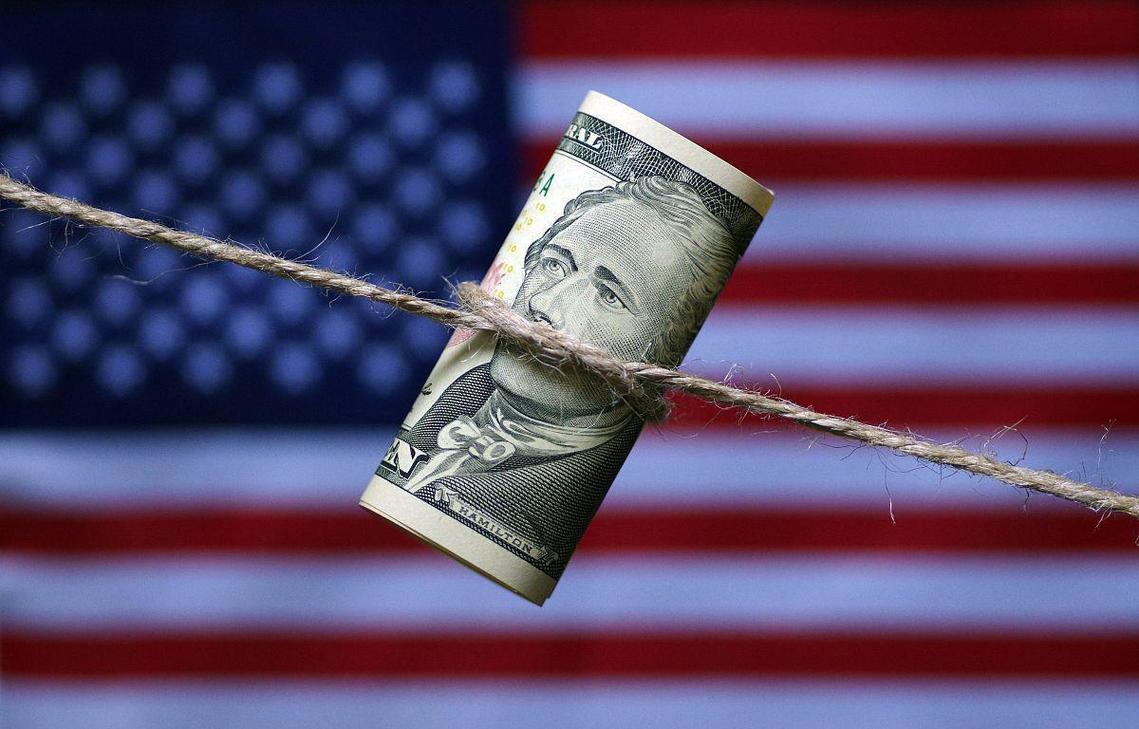
Recently, a shocking theft case that shocked the global semiconductor industry has surfaced: Chen Liming, a former employee of Japan's KEL Power Technology Innovation (the actual subject of the case is Tokyo Electronics Company TEL), has been charged by Taiwan prosecutors for allegedly stealing TSMC's 2nm process core technology. The prosecutors are demanding a 14 year sentence for the crime of "extraterritorial use of core key technology trade secrets". According to the prosecutor's disclosure, Chen Liming, as a former system integration department engineer at TSMC, switched to Tokyo Electronics and stole the "etching machine mass production test data" and parameter formulas of the 2nm process through two current TSMC engineers, Wu Bingjun and Ge Yiping, using methods such as mobile phone remakes and remote login to the intranet. There are 14 technical documents involved in the case, covering core patents of TSMC's N2 process such as fully enclosed gate (GAA) nanosheet transistors and NanoFlex design technology. TSMC's monitoring system shows that the individuals involved evaded routine security checks through an abnormal operation mode of "3-minute login - quick screenshot - immediate logout".
Behind the case is the cruel reality of the semiconductor equipment market that 'whoever gets the etching machine gets the world'. Taking TSMC's 2nm factory as an example, a single factory needs to deploy more than 100 etching machines, each priced at 3-4 million US dollars, with a total order value of 300-400 million US dollars, far exceeding the selling price of a single EUV lithography machine of 150-200 million US dollars. The global 2nm etching equipment market is showing a "three legged" trend, with Tokyo Electronics competing with American LAM Colin Group and AM Applied Materials for orders for TSMC's next 10 2nm wafer fabs. If process parameters can be obtained, Tokyo Electronics can optimize equipment performance in a targeted manner, increasing the probability of winning the bid by more than 30%. The TSMC N2 process uses fully enclosed gate nanosheet transistors, which increase the precision control requirements for the etching machine by 50% compared to 3nm. If Tokyo Electronics cannot break through the technological bottleneck, it may lose TSMC, its core customer that accounts for 40% of its revenue.
TSMC has launched a "Technical Security Enhancement Plan", which includes upgrading the internal network monitoring system, introducing AI behavior analysis models, and real-time identification of abnormal data access; Implement the "minimum privilege principle" to physically isolate the 2nm R&D team from the production system; Collaborate with the US Department of Justice to establish a cross-border technology leak accountability mechanism. Although Tokyo Electronics quickly dismissed the employees involved and declared that "no information leakage was found," its stock price still fell 8% within a week. The more profound impact is that global chip manufacturers may reassess the supply chain security of Japanese equipment and instead increase orders for American application materials or Dutch ASML. Only four companies in the world, TSMC, Samsung, Intel, and Rapidus from Japan, have invested in 2nm research and development. Rapidus, as Japan's "chip national team," heavily relies on equipment support from Tokyo Electronics for its 2027 mass production plan. This theft case may force Rapidus to accelerate its independent research and development, and even seek technical cooperation with Intel.
If Chen Liming's team is successful, Tokyo Electronics can save hundreds of millions of dollars in research and development costs; But the cost of failure is equally heavy - the individuals involved face 14 years in prison, and the damage to the company's reputation may lead to the loss of TSMC orders. This "gambler mentality" reflects the anxiety of the Japanese semiconductor equipment industry under the pressure of technological iteration. The case occurred against the backdrop of intensified technological competition between China and the United States, as well as Japan's strengthening of its semiconductor industry independence. Tokyo Electronics, as a key supported enterprise under Japan's "Economic Security Promotion Law," has elevated its technological compliance to the national strategic level. This incident may push Japan to establish a stricter equipment export control system. The statement by Tokyo Electronics blaming "individual employees" has sparked controversy. Industry experts point out that companies need to establish a "technology safety culture" rather than relying solely on post event accountability. For example, TSMC requires all departing employees to sign non compete agreements and receive regular compliance training, which is worth learning from in the industry.
With TSMC's 2nm process planned for mass production in the second half of 2025, the global semiconductor equipment market will usher in a new round of reshuffling. If Tokyo Electronics wants to recover its losses, it needs to complete the following transformation before 2026: invest $1 billion to establish a technology research and development line independent of TSMC; Collaborate with Rapidus to establish a 2nm equipment joint laboratory and share research and development costs; Apply for subsidies under the US Chip and Science Act to reduce dependence on TSMC. For TSMC, this case exposed data security vulnerabilities in remote work mode. In the future, it may require core R&D personnel to return to offline work and introduce quantum encryption communication technology to protect confidential data. This theft case is like a mirror, reflecting the complex game between technological sovereignty, commercial interests, and legal ethics in the global semiconductor industry. When orders worth 300-400 million US dollars are enough to change the fate of a company, the defense line of technological security may be the strongest "etching machine" in the chip war.

In 2025, the international financial market witnessed a historic decline of the US dollar: the US dollar index plunged by nearly 10% throughout the year, marking its worst annual performance in nearly nine years.
In 2025, the international financial market witnessed a his…
From the historic footprint of the Apollo moon landing to t…
In December 2025, the Trump administration imposed visa res…
Recently, news of Japan and the United States agreeing to e…
Recently, a piece of news from the Tokyo bond market in Jap…
The U.S. economy in December 2025 resembles a meticulously …